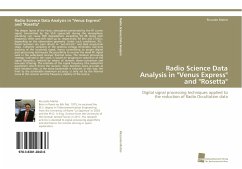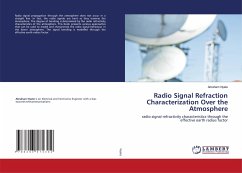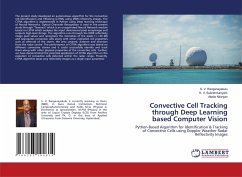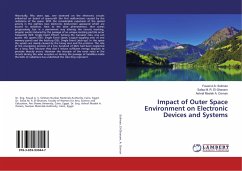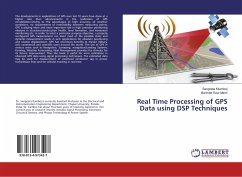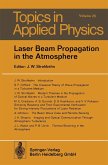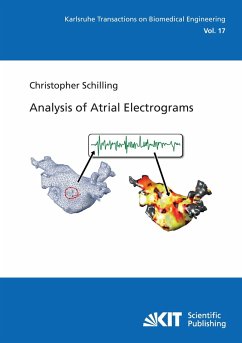The deeper layers of the Venus atmosphere penetrated by the RF carrier signal transmitted by the VEX spacecraft during the atmospheric sounding can cause SNR degradations exceeding 50 dB along with frequency shifts and shift rates up to, respectively, 60 kHz and 2 kHz/s, depending on the observation geometry. Under such conditions, PLL-based receivers are soon driven in "out-of-lock" and data acquisition stops. Coherent sampling of the antenna voltage eliminates real-time tracking of the incoming signal, hence committing to proper digital post-processing techniques the possibility to recover the weak RF signal sunk in the wide-band receiver thermal noise. The iterative processing strategy outlined in this work is based on progressive reduction of the signal dynamics, realized by means of numeric down-conversion and low-pass filtering. The estimate of the signal frequency (the looked-for parameter) which drives the numeric mixer becomes more accurate at each iteration step, as thenoise bandwidth is reduced. In this way, the limit to the achievable maximum accuracy is only set by the thermal noise at the receiver and the frequency stability of the source.
Bitte wählen Sie Ihr Anliegen aus.
Rechnungen
Retourenschein anfordern
Bestellstatus
Storno

